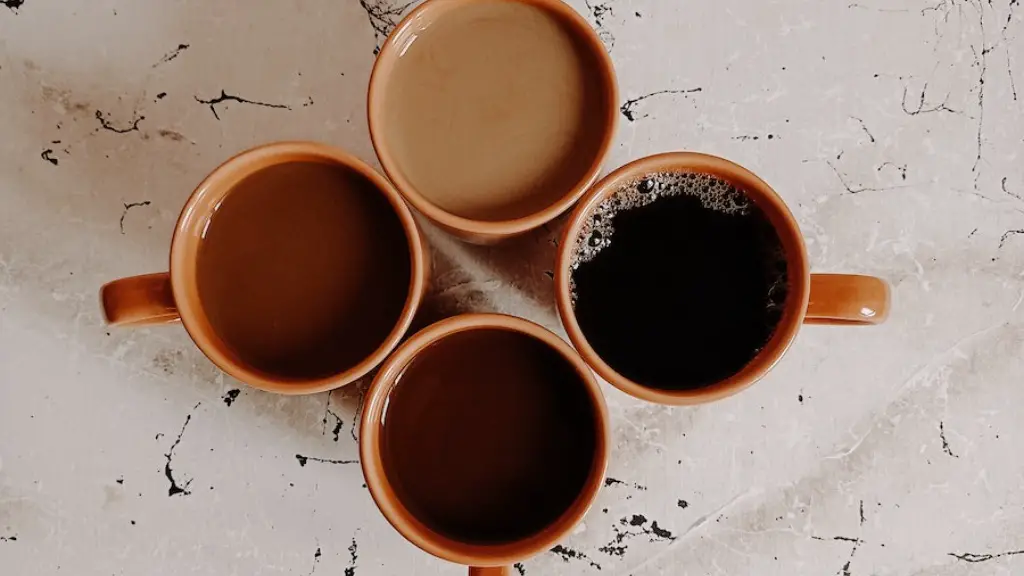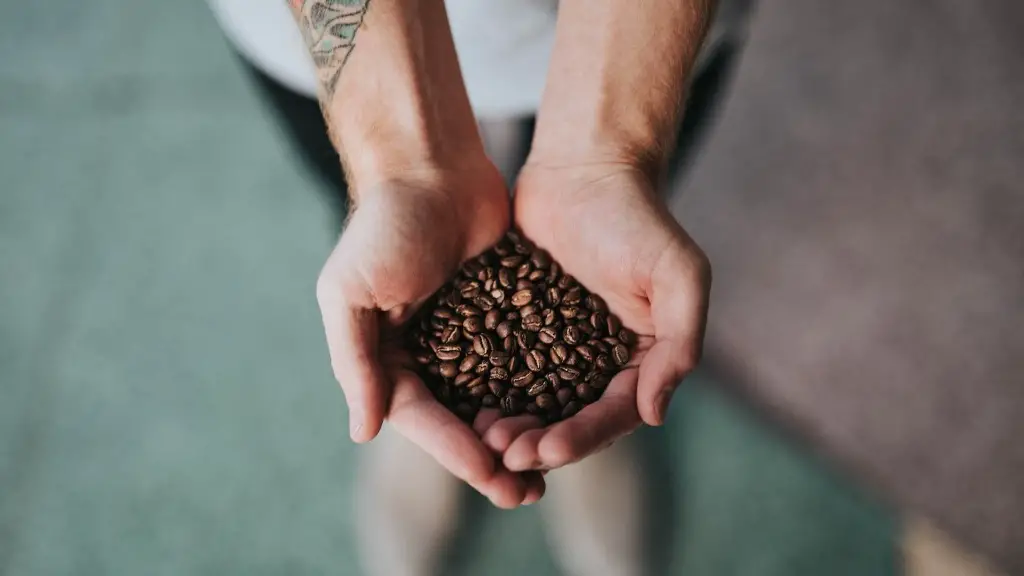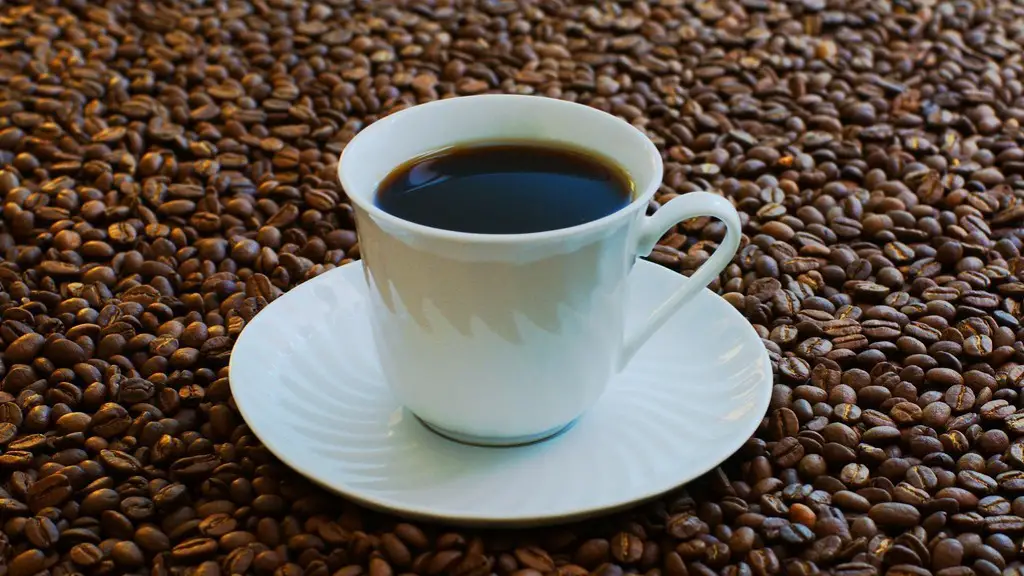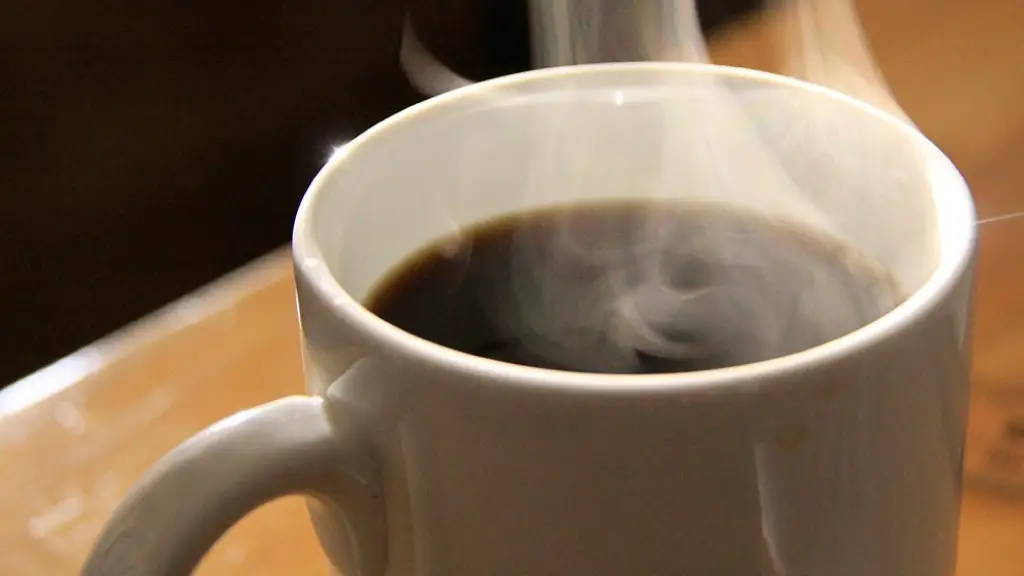When it comes to preparing for blood tests, it can be difficult to know what to do. Many people wonder if it is okay to drink coffee prior to a blood test, or even while fasting. While doctors do not always have the same opinion on this question, here is some helpful information to consider when deciding if it is okay to drink coffee prior to your blood test.
Most doctors agree that the caffeine in coffee should not affect the results of your blood test, and it is typically fine to drink moderate amounts of coffee before the blood test. Most healthcare professionals recommend limiting your caffeine intake prior to the blood test, however, as too much caffeine can increase your heart rate which can affect your blood pressure reading. Additionally, it is important to avoid excessive amounts of coffee as it can cause dehydration, which can also affect the results of your blood test.
It is important to consult with your doctor prior to your blood test, to ensure that they agree with your caffeine intake level. Your doctor may also advise that you avoid drinking any caffeinated beverages 12 to 24 hours before the blood test, as caffeine can remain in your system for several hours. Additionally, it is generally not recommended to drink any caffeinated beverages during the fasting period prior to your blood test. Fasting for blood tests typically requires that you avoid food and drinks for 8 to 12 hours prior to the blood test.
If you are worried about the effects of caffeine from coffee on your blood work results, there are other alternatives you can consider. Most herbal teas do not contain caffeine, and are allowed during the fasting period prior to a blood test. Additionally, there are also decaffeinated coffee options available, which can be consumed during the fasting period. Many people enjoy herbal teas for the additional health benefits, such as relaxation, improved digestion and to help reduce stress.
In conclusion, moderate amounts of coffee are generally fine to consume before a blood test. However, healthcare providers recommend limiting caffeine intake prior to a blood test, as too much caffeine can affect the results of your blood test. It is also important to avoid drinking any caffeinated beverages during the fasting period prior to your blood test and to consult with your doctor beforehand to ensure that they agree with your caffeine intake level. Alternatives such as herbal teas and decaffeinated coffee can be enjoyed during the fasting period.
Avoiding Coffee while Fasting
Drinking coffee prior to or during a fasting period for a blood test can have some unexpected consequences. Even a seemingly normal cup of coffee could potentially contain up to 200 mg of caffeine, which is more than double the amount of caffeine recommended for a healthy adult. Additionally, drinking coffee during the fasting period can cause dehydration, which may also affect the results of your blood test. The effects of dehydration can be worsened by the diuretic effects of coffee.
It is important to remember that a fasting period for a blood test requires abstaining from all food and drinks, including coffee. Fasting for 8 to 12 hours prior to a blood test is very important in order to ensure accurate results, and coffee should not be included in these 8 to 12 hours. Additionally, it is essential to follow any instructions given by your doctor prior to your blood test, as they may advise that caffeine should be avoided for up to 24 hours prior to your blood test.
If you are wanting to avoid coffee during the fasting period for your blood test, there are some other options you can consider. Most herbal teas are caffeine-free, and can provide health benefits such as relaxation and improved digestion. Additionally, there are many decaffeinated coffee options available. Additionally, some people opt for plain water during the fasting period in order to stay hydrated while not consuming any calories, sugars, caffeine or artificial flavors.
How Caffeine Can Affect Blood Test Results
Although doctors do not always agree on exactly how caffeine may affect the results of a blood test, most doctors agree that caffeine in moderation should not affect these results. However, too much caffeine can affect the results of your blood test, as it can increase your heart rate and blood pressure, while also causing dehydration.
When caffeine is consumed prior to a blood test, it can remain in the body for up to 8 hours. This means that if you drink one cup of coffee prior to a blood test, this caffeine can still remain in your system for several hours after the blood test is completed. Caffeine can also impair the body’s ability to absorb certain vitamins and minerals, which can also have an effect on the results of your blood test.
Additionally, caffeine can affect the results of a blood test for drugs and alcohol. If your doctor has requested a blood test for drugs or alcohol, it is important to inform them if you have consumed any caffeine recently. Caffeine can show up on these tests and can provide false results if it is not reported.
Questions to Ask During Appointment
If you are planning on undergoing a blood test, it is important to ask your doctor any questions you may have prior to the test. This includes questions on when to abstain from drinking coffee prior to the blood test, and how much caffeine is safe to consume during the 12 to 24 hours prior to the blood test. Additionally, it is important to ask your doctor any questions about the side effects caffeine can have on your results, and what alternative options for beverages during the fasting period are acceptable.
It can also be helpful to ask your doctor if there are any other fasting requirements prior to your blood test. Depending on the type of blood test, your doctor may also recommend that you avoid eating and drinking any type of sugar, alcohol or drugs for a set period of time before the blood test. Knowing any additional fasting requirements prior to the appointment can help ensure that you have the most accurate results possible.
Benefits of Not Drinking Coffee Before Blood Test
Although coffee is generally fine to consume before most blood tests, some people opt to avoid coffee during the 8 to 12 hours prior to the blood test in order to get the most accurate results. Consuming coffee during this period can temporarily increase your heart rate and blood pressure, and can cause dehydration in the body. Additionally, coffee can contain a considerable amount of caffeine, which can remain in the body up to 8 hours after being consumed.
By avoiding coffee during the fasting period, you can ensure that your results are not skewed by any of the temporary side effects of coffee and caffeine. Additionally, by abstaining from coffee during the fasting period, you can give your body enough time to process the caffeine and have it completely removed from the body before the blood test. This can greatly improve the accuracy of the results of your blood test.
How to Prepare for a Blood Test
When preparing for a blood test, it is important to provide your doctor with an accurate account of your medical history and medications. Additionally, it is important to disclose any caffeine intake during the fasting period, as this can affect the results. If you have been consuming caffeine prior to the blood test it is important to let your doctor know.
It is also essential to follow any instructions given by your doctor prior to your blood test. Your doctor may advise that you avoid drinking any caffeinated beverages 12 to 24 hours before the blood test. Depending on the type of blood test, your doctor may also recommend that you avoid eating and drinking any type of sugar, alcohol or drugs for a set period of time before the blood test. Lastly, it is also important to note that in some cases, a fasting period before the blood test may not be necessary.
Conclusion
Overall, drinking coffee prior to a blood test should not affect the results, however it is important to talk to your doctor prior to the test in order to ensure the accuracy of the results. Your doctor may advise that you should avoid consuming any caffeine 12 to 24 hours before the test, and they may also provide instructions on other fasting requirements. Additionally, it is important to remember that caffeine can remain in your body for up to 8 hours after it is consumed. However, if you consume coffee in moderation, moderate amounts of coffee are generally okay to consume before a blood test.




